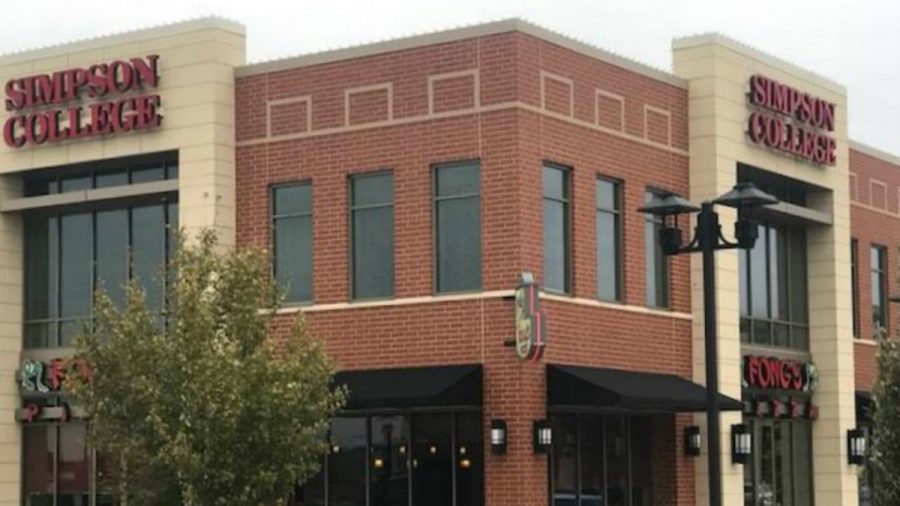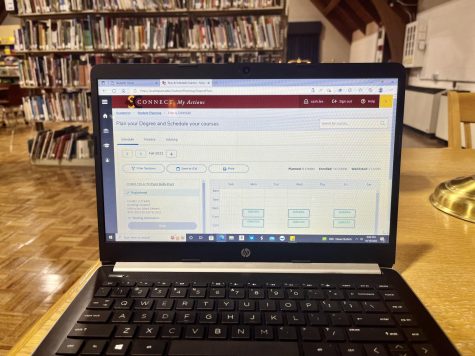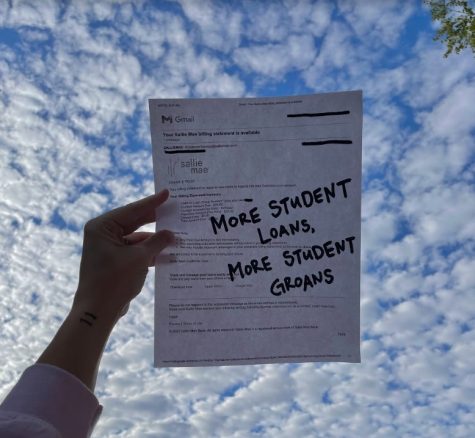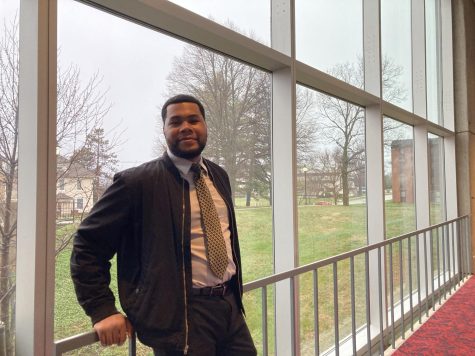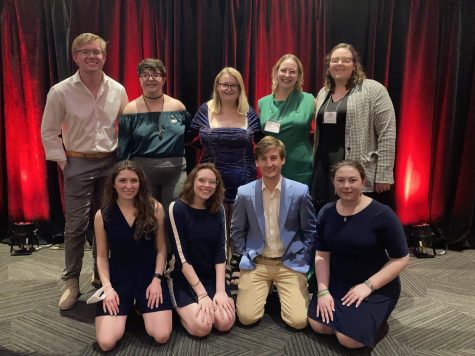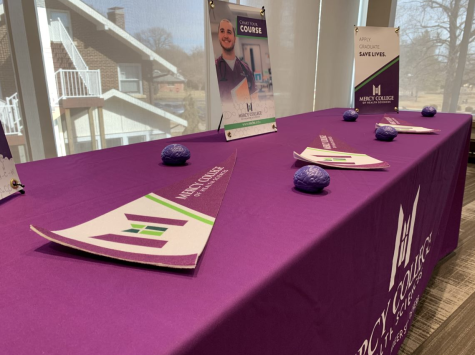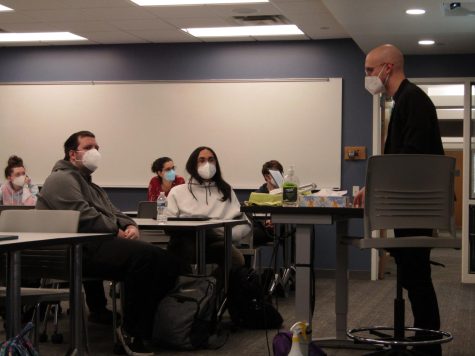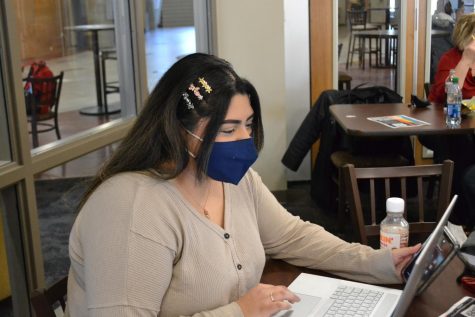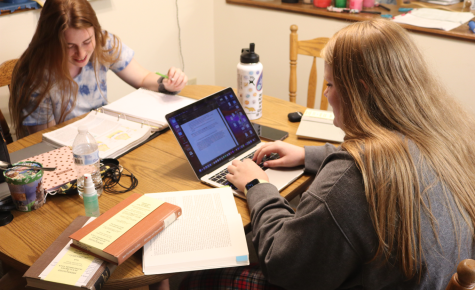Ankeny campus to close by summer 2018
November 1, 2017
ANKENY, Iowa — Simpson College will no longer offer classes at the college’s Ankeny campus after May 2018, President Jay Simmons said in an Oct. 9 email sent to faculty and staff.
Simmons said the upcoming closure is largely due to a greater push toward online education for continuing and graduate students.
The college is developing three fully online degrees — business management, management information systems and a master of arts in criminal justice — which are pending approval to go live in the fall, Simmons said in the email.
Simmons said the developments, “reflect the evolving needs of adult students in the Des Moines area and nationwide. These needs include greater flexibility of course delivery systems and programs that are relevant for working adults.”
Kent Eaton, Simpson’s academic dean, said discussion of closing the Ankeny campus began shortly after he started working as interim dean in fall 2016. Throughout the process, he said he has facilitated communication and helped the college arrive at the decision to close the Ankeny location in order to focus more on online education.
“That’s probably one of the things that I brought with me to Simpson because I think from an administrative level, we didn’t have anyone here who had a significant experience in setting up and running online degree programs,” Eaton said. “And luckily, I had that as part of my past experience at other institutions.”
Amy Gieseke, dean of continuing, graduate and online programs, said enrollment at the Ankeny campus has been declining over the past five years due to more demand for online programs.
She said the Ankeny campus experienced a 30 percent decline in total credit hour enrollment between 2012 and 2017.
“We weren’t seeing the enrollments that we were expecting to see when we moved to the new location in Ankeny, which is right by the DMACC campus,” Gieseke said. “We were expecting that we might get a number of those DMACC students transferring.”
However, DMACC and other community colleges have likewise received higher demand for online classes, she said.
Eaton said the low enrollment numbers are also, in part, due to an improved economy and low unemployment rates across the state.
“A lot of people, because of the labor shortage, coming out of high school can think about perhaps putting off college,” he said. “Whereas, if the job market was a little bit more tight, they would more readily see the benefits of going ahead and getting a degree before stepping into the labor market.”
By providing fully online and blended classes that meet a couple of times in person, Eaton said, “We will be able to reach more students and do so more effectively.”
Since Simpson has only offered individual online courses, not whole online programs, Gieseke said accreditors must first confirm whether the institution is adequately prepared.
Gieseke said the Higher Learning Commission will perform a site visit Nov. 20-21 in Indianola to approve the shift toward online degrees.
The HLC will verify if the new online programs are high-quality and that students affected by the Ankeny closure will be treated fairly.
Only seven students take all their classes in Ankeny, and Gieseke said Simpson will offer them a teach-out plan to ensure they will still be able to complete their degrees as intended. She said the college talked to them all individually, and they did not react negatively to the news.
Because Simpson’s campus in West Des Moines will remain open and is only about 15 miles from Ankeny, closing the Ankeny campus is expected to have a small impact on students who attend there.
“Already, many of our C and G students take courses at both West Des Moines and Ankeny, so the negative impact to the student was not substantial,” Gieseke said.
She said the college will be more able to put more resources toward providing quality online education.
Currently, the college is under a lease with the Ankeny campus that lasts until 2025, but Gieseke said Simpson’s chief financial officer is working with the people the college rents from to get out of the lease sooner. This would allow the college to repurpose the costs of paying the lease.
Gieseke said the total costs of the lease — plus heating, cleaning and other physical costs — equaled around $200,000 a year. This number does not take into account savings that would come from faculty salaries by cutting an estimated 20 to 30 sections of curriculum.
Though faculty would be teaching fewer sections, Gieseke confirmed in a follow-up email that “most of our adjunct faculty will continue teaching with us, just in West Des Moines or online instead of in Ankeny.”



